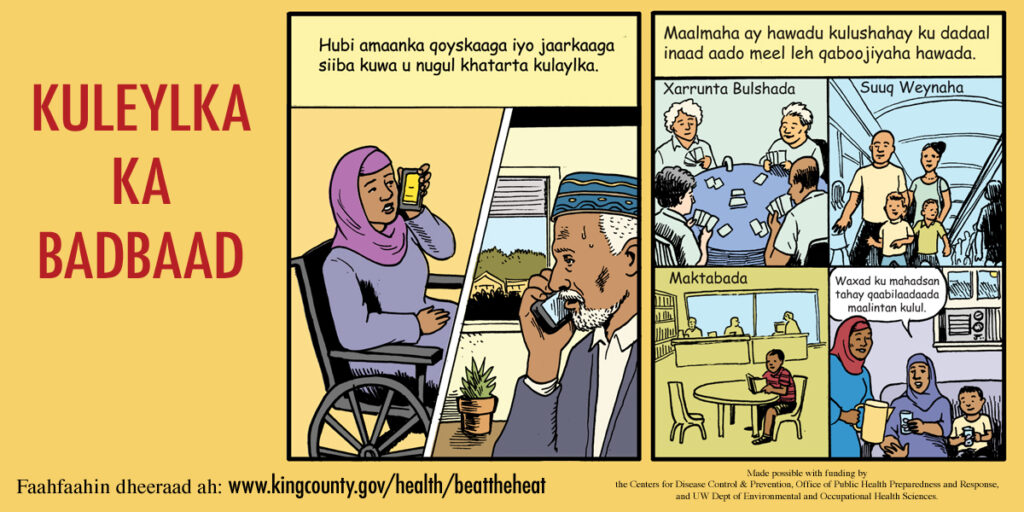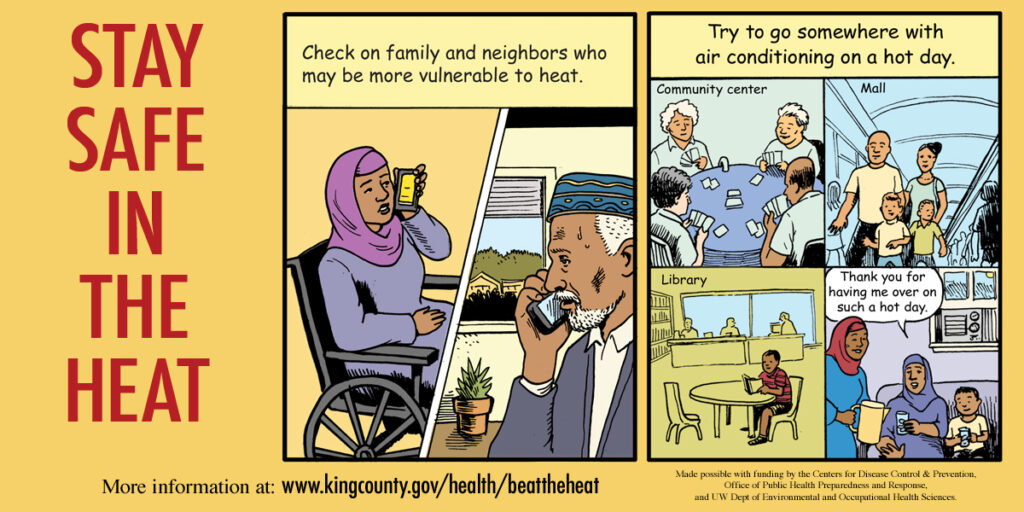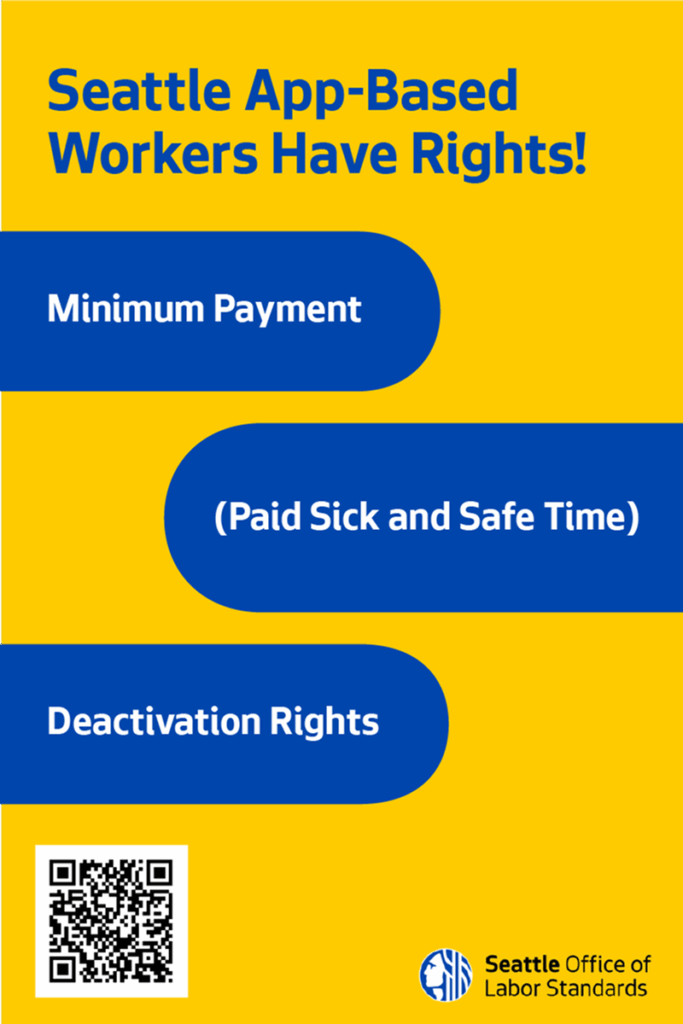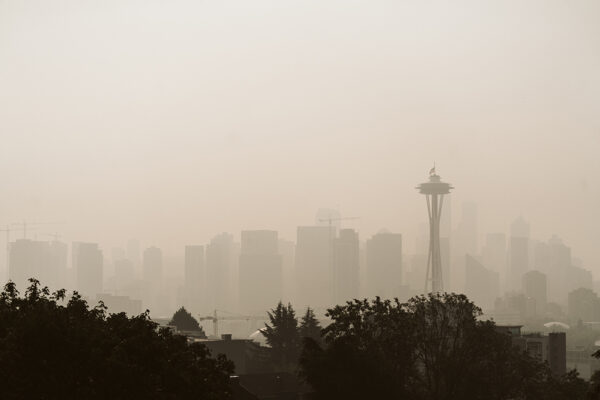
By King County Public Health Communications Team
Breathing wildfire smoke can harm everyone’s lungs, heart, and overall health. And this year we’re expecting hotter weather and less rain— which could mean more smoky days.
Four simple steps can help you and your loved ones stay safe when wildfire smoke is in the air.
- Check the Air Quality Index, or AQI, to see how smoky it is outside. Check current conditions and forecasts at AirNow.gov, or scroll down on your weather app.
- Avoid outdoor exercise and move indoors when it’s smoky out. If you’re at higher risk from smoke, move indoors if the AQI is 100 or higher. This includes people who are:
- age 18 and under,
- over age 65,
- living with heart or lung conditions like asthma, or have a cold
- pregnant
When the AQI is 150 or higher, everyone should move indoors. If you need to be outside, an N95 mask can help to protect most people from smoke. Cloth or medical face masks will not protect against wildfire smoke.
- Watch for symptoms of smoke exposure.Move someone inside if they have a headache, sore throat or nose, cough, burning eyes, dizziness, or wheezing. Keep inhalers and medications ready. Call or text 911 if someone has serious symptoms from breathing smoke, like trouble breathing or chest pain.
- Make a clean room in your house with a HEPA filter. Close windows, curtains, and blinds and run AC or a fan to stay cool. If you are overheating indoors on a smoky day, move to a public place with air conditioning, like a library, community center, or shopping mall.
Please share these tips with friends, family, and neighbors to help stay safe when it’s smoky out.
How unhealthy is wildfire smoke?
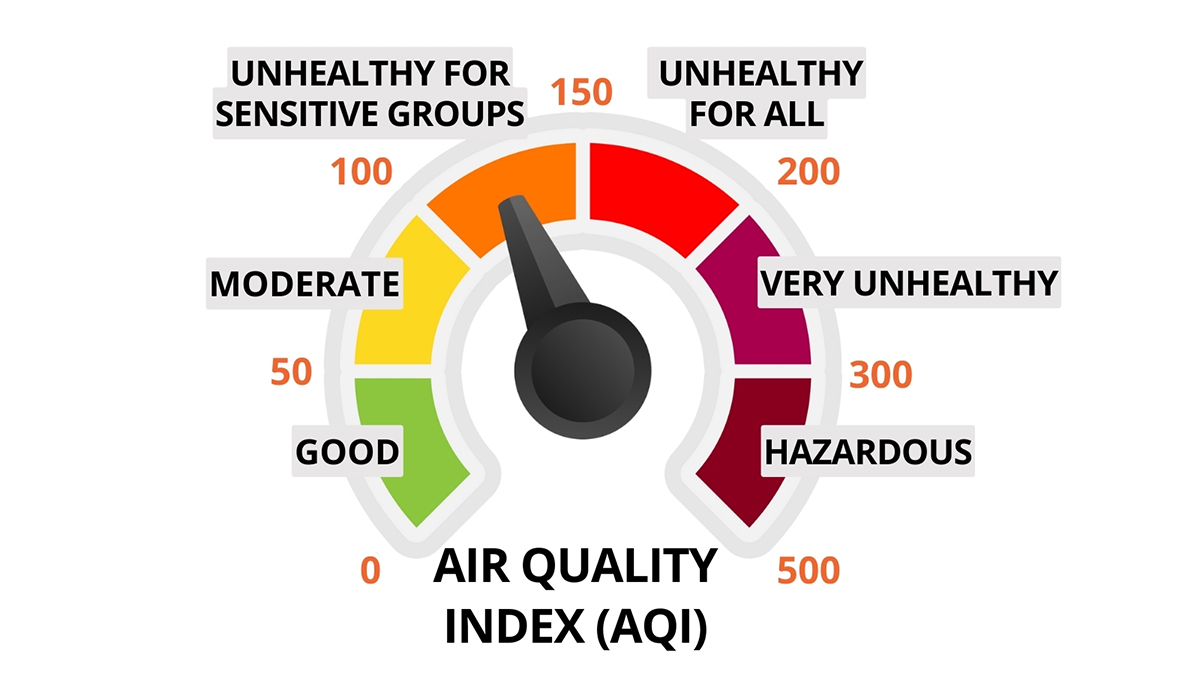
Wildfire smoke is unhealthy for everyone, especially after heavy exercise or spending long periods of time outside. In Washington State, researchers have found that more people need to visit hospital emergency departments for heart and lung issues after smoky days.
Children and young to middle-aged adults (ages 19-64) who exercise outdoors are at high risk of these emergency visits—a reminder that exercising outdoors on a smoky day can be dangerous for everyone.
Outdoor workers may also have more health problems on smoky days. Washington State now requires employers to provide protections for outdoor workers, including masks. Ask your workplace about plans and resources to meet the updated rules from the state.
Public Health has more information in Somali and English: kingcounty.gov/wildfiresmoke



